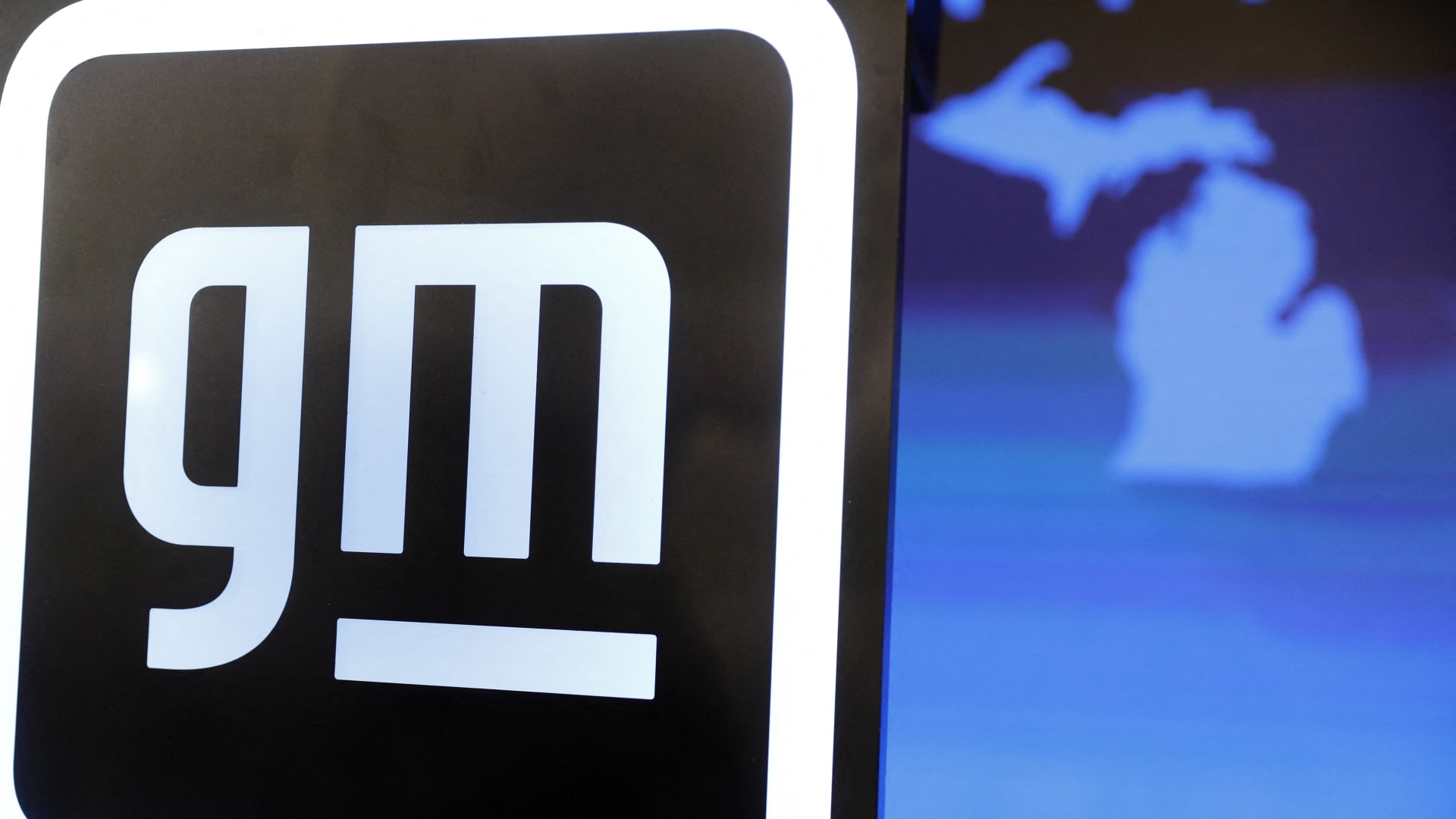Products You May Like
DETROIT — General Motors is suspending its advertising on Twitter following Elon Musk’s takeover of the social media platform, the company told CNBC on Friday.
The Detroit automaker, a rival to Musk-led electric vehicle maker Tesla, said it is “pausing” advertising as it evaluates Twitter’s new direction. It will continue to use the platform to interact with customers but not pay for advertising, GM added.
“We are engaging with Twitter to understand the direction of the platform under their new ownership. As is normal course of business with a significant change in a media platform, we have temporarily paused our paid advertising. Our customer care interactions on Twitter will continue,” the company said in an emailed statement.
Under CEO Mary Barra, the Detroit company was among the first automakers to announce billions of dollars in spending to better compete against Tesla in the battery electric vehicle segment.
A spokesperson for Ford Motor, another Tesla rival, told CNBC that the automaker is not currently and had not been doing any advertising on Twitter prior to Elon Musk’s take-private deal. They added, “We will continue to evaluate the direction of the platform under the new ownership.” Meanwhile, Ford is continuing to engage with its customers on Twitter.
Other auto companies, including Rivian, Stellantis and Alphabet-owned Waymo, did not immediately respond to requests for comment on whether they plan to suspend advertising or discontinue using the social media platform in wake of Musk’s $44 billion buyout of Twitter.
Electric truck maker Nikola said it had no plans to change anything regarding the platform.
The future direction of Twitter has been central to the takeover story. Musk has said he is a “free speech absolutist,” who would restore the account of former President Donald Trump, who was banned over his tweets during the Jan. 6, 2021, Capitol insurrection.
Musk said on Friday that he plans a “content moderation council” and will not reinstate any accounts or make major content decisions before it is convened. Musk also said in a statement to advertisers this week that he cannot let Twitter become a “free-for-all hellscape.”
Henrik Fisker, CEO of EV startup Fisker Inc., deleted his Twitter account earlier this year when Twitter’s board accepted Musk’s bid to buy the company and take it private. Fisker Inc. continues to use Twitter, which every major automotive brand utilizes for customer engagement and marketing.
Musk has long boasted that Tesla does not pay for traditional advertising, a cost that has added up for conventional automakers’ brands through the years.
Instead, Tesla rewards people who run, or are members of, Tesla owners’ clubs as well as other social media influencers who promote the company’s products, stock and Musk on social networks, especially Twitter and YouTube as well as on fan blogs.
They are often granted early access to Tesla products, like the company’s Full Self Driving Beta software, and given passes to company events where attendance is limited.
In September 2020, Tesla weighed a stockholder proposal to begin strategic, paid advertising to educate the public about its vehicles and charging network. The Tesla board recommended against it, and shareholders voted with the board against starting to pay for traditional ad campaigns.
In the company’s annual report for 2021, Tesla wrote: “Historically, we have been able to generate significant media coverage of our company and our products, and we believe we will continue to do so. Such media coverage and word of mouth are the current primary drivers of our sales leads and have helped us achieve sales without traditional advertising and at relatively low marketing costs.”
It reported marketing, promotional and advertising costs were “immaterial” for the years ended Dec. 31, 2021, 2020 and 2019 in financial filings with the Securities and Exchange Commission.
— CNBC’s John Rosevear contributed to this report.
